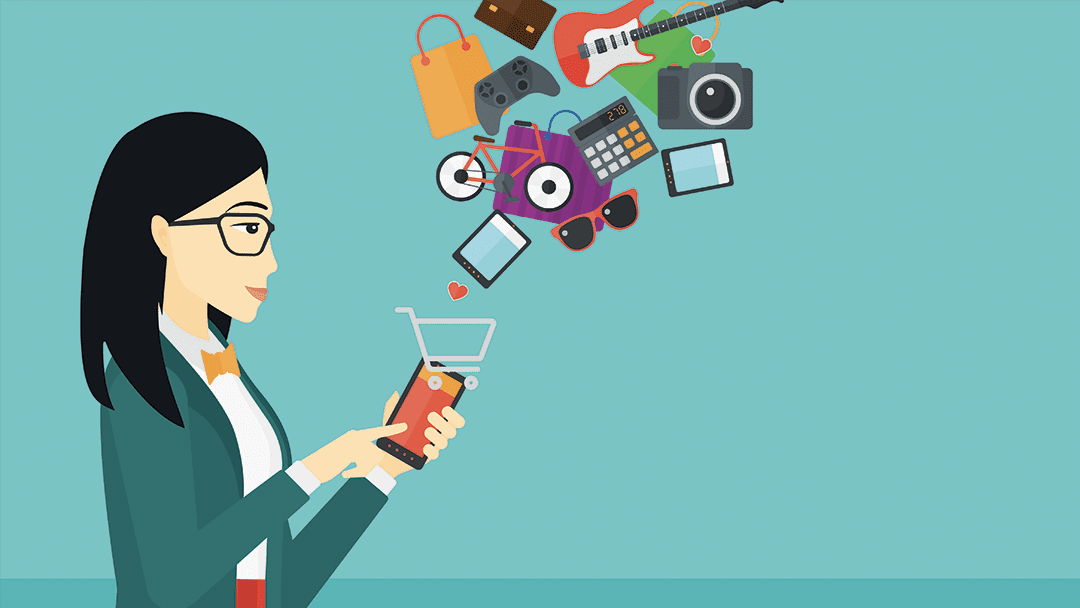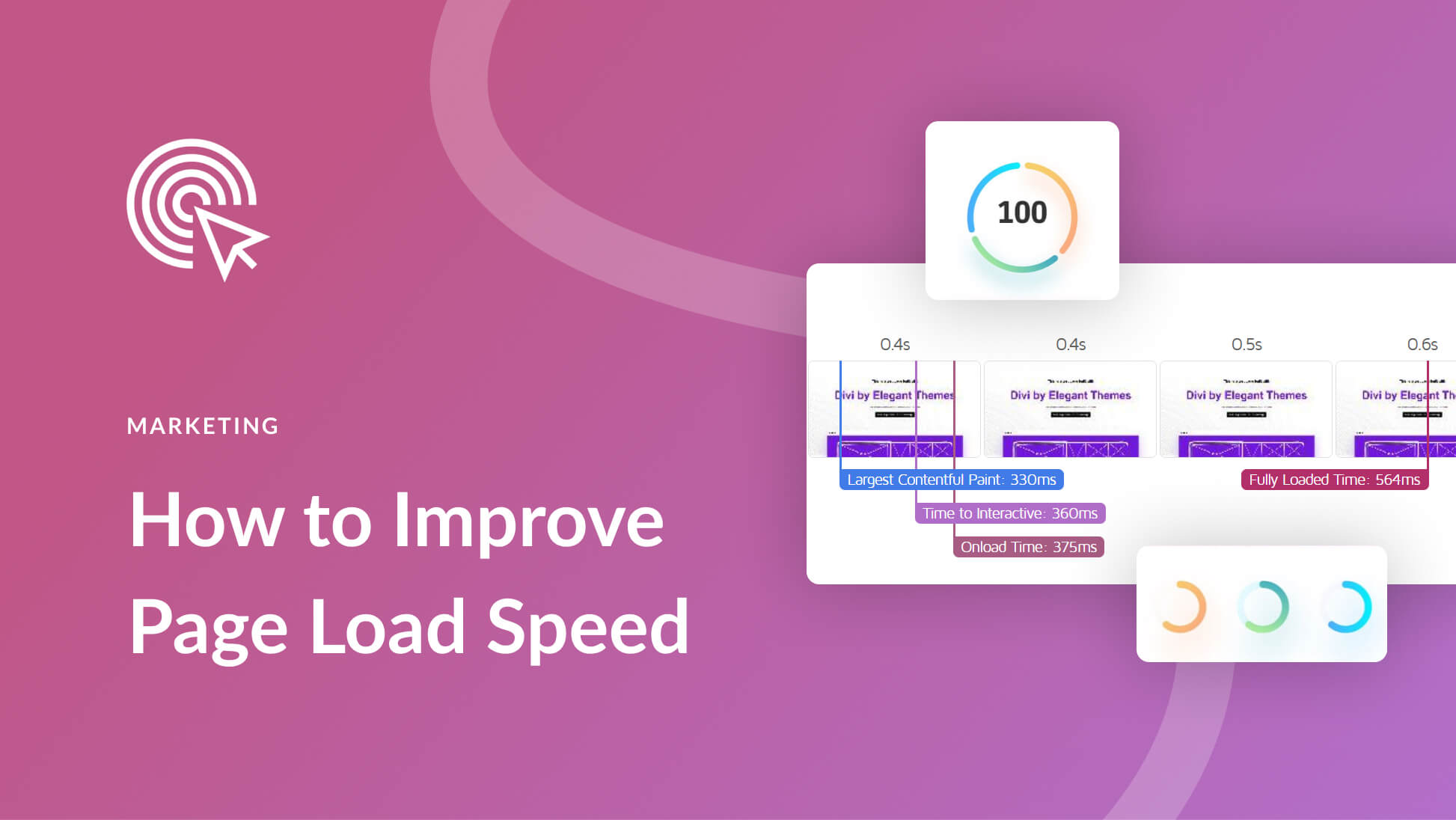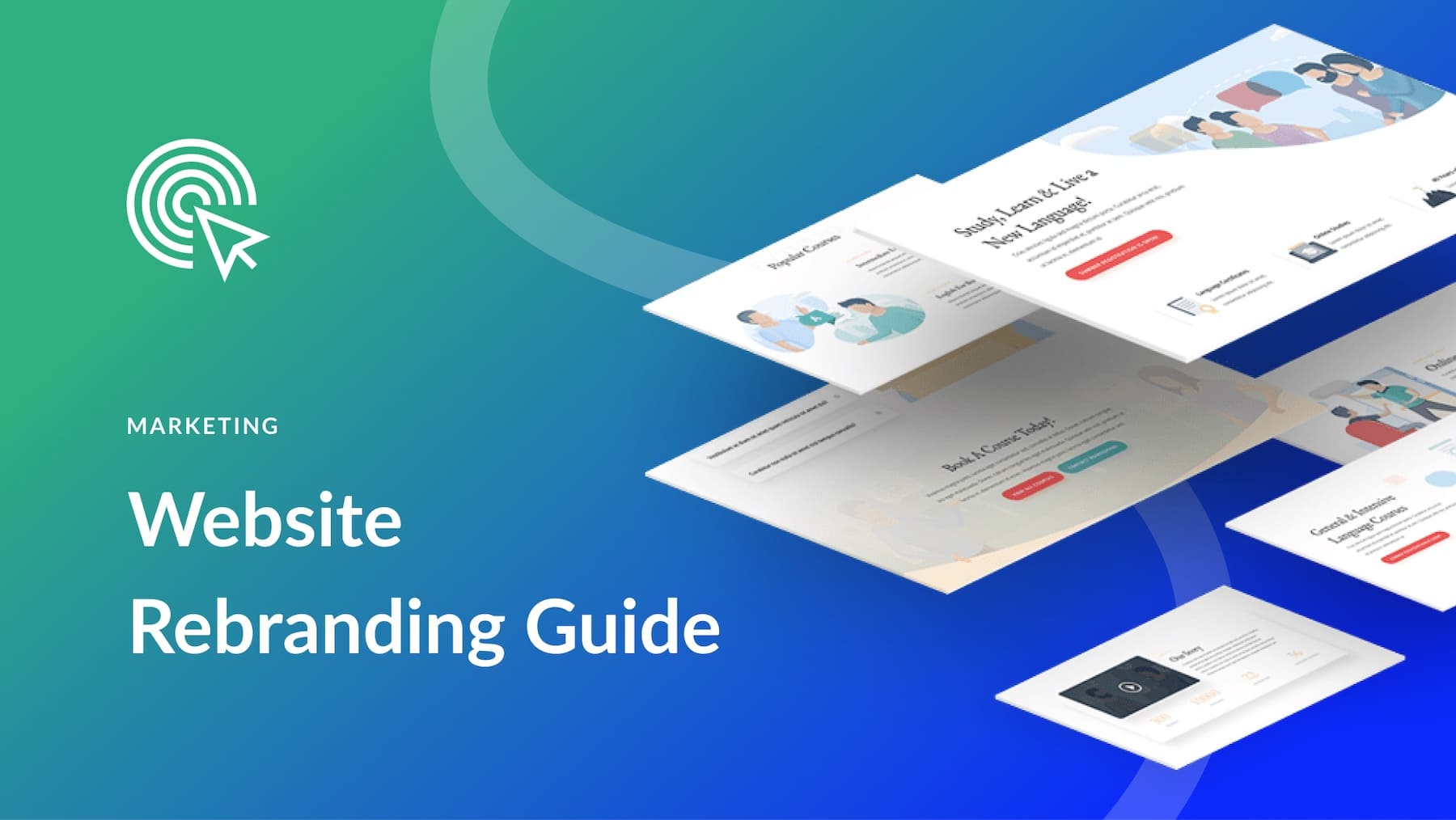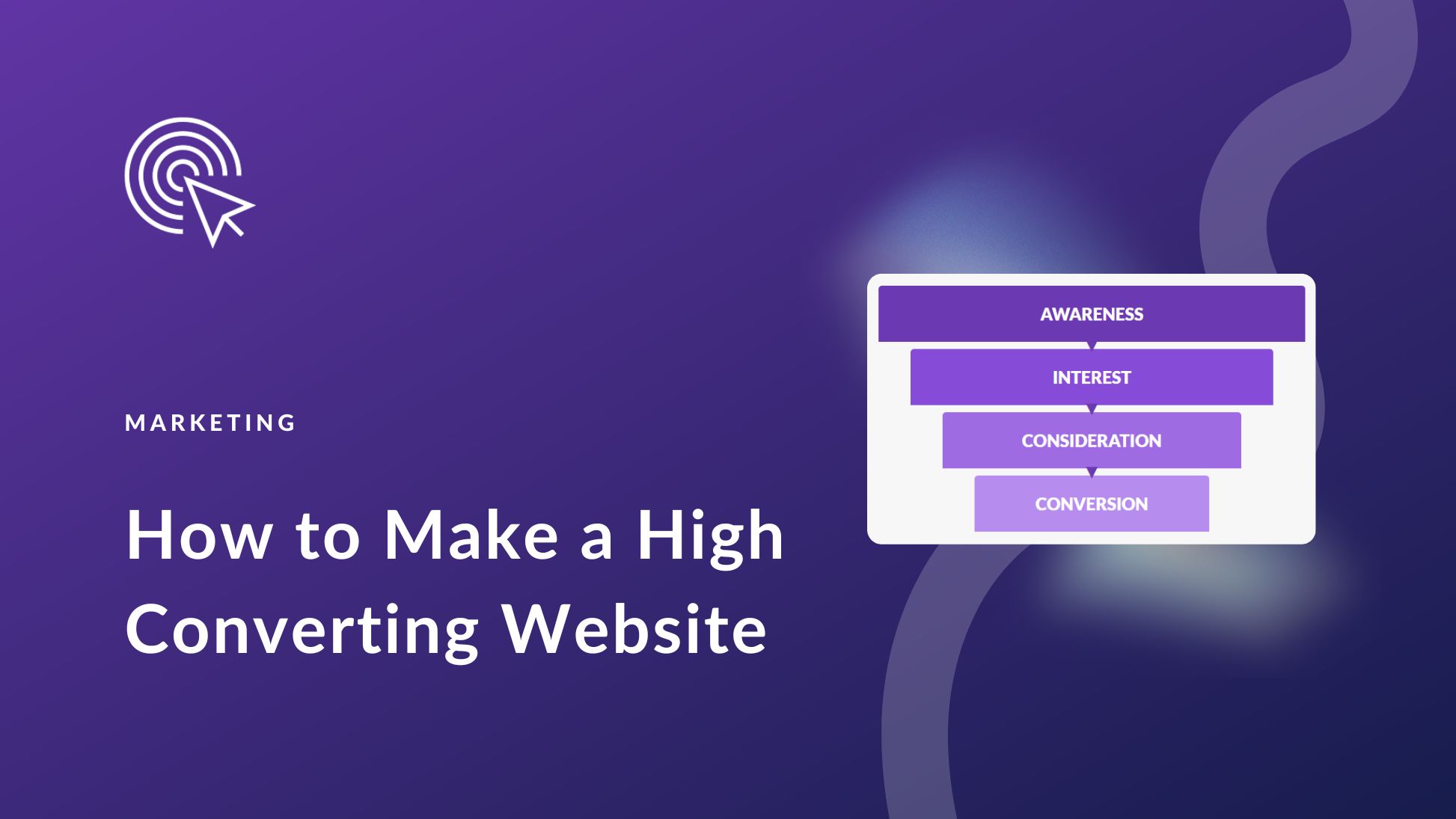Personalized marketing is marketing that’s targeted to an individual customer’s needs. This strategy goes beyond inputting a buyer’s name in your email software. Instead, it’s meant to follow your customer through each stage of your sales funnel.
Consumers respond well to personalization. That’s because personalized marketing helps potential buyers feel seen and understood by your brand. In a world full of choices and noise, the brands that notice their customers will be the ones to stand out.
So how can you build a personalized marketing strategy for your brand? It all starts with data.
How Data Informs Personalized Marketing
First things first: personalized marketing is driven by data. Collecting user data will help you better personalize your marketing. This data can include:
- Analytics measured and aggregated by the marketing platforms you use
- Whether a visitor to your website clicks the call to action or responds to a messenger bot
- The choices your subscribers make when they receive an email from you or download a freebie
- How engaged a user is with your social media marketing
- Whether a customer who has downloaded your app visits your brick-and-mortar store
- Information customer support gathers during a phone call or chat
- A potential customer’s next intended action
Data gives you a glimpse of where each customer lands in the buyer’s journey. It helps you to expect their future needs and actions. Additionally, it allows you to better customize your interactions with them.
Using data can also help your software and automation programs remember the steps your customers have taken. That way, they don’t get asked to repeat those same steps more than once. Most importantly, you want to make sure that everything your customers are getting from your brand is relevant to them.
Personalized Marketing is Adaptable
Personalized marketing is adaptable to the buyer’s journey. Each touch point in the journey should be able to shift as needed. The buyer’s actions, needs, and intent shape your strategy.
For example, if a user has already subscribed to your newsletter, they might double opt-in again later. Your email automation software should be set up not to repeat the initial welcome sequence they got when they signed up.
You can automate your sales funnel to adapt to a buyer’s behavior. Here are a few ways to make this happen:
- Segmenting your email list based on customer behavior
- Having your website “remember” when someone has already clicked the CTA to join or buy
- Creating specific scripts and talking points for your customer support personnel to use based on the buyer’s behavior
You can collect this data using software, analytics, artificial intelligence (AI), and deep learning tech. The idea is to incorporate this information into all areas of your marketing and online presence.
Your end goal should be helping your customers have a seamless experience. You want customers to receive content, engagement, outreach, and recommendations tailored to them.
Personalized Content
Content that’s personalized to each customer can come in many forms. You can customize your email automation, lead magnets, media, apps, social media interactions, and your website. Email segmentation delivers the appropriate content for each user. Ideally, your content should meet the user right where they are.
Your website can be set up with segmentation and CRM tags to remember users’ previous site actions including interactions with your website’s live chat. It can then tailor their next website experience as a seamless move to the next appropriate step.
If you have an e-commerce store, you can set it up to remember what a customer last bought. It can display those products for re-order on their next visit. Target, Publix, Amazon, and many other stores offer this service.
Personalized Engagement
Personalized marketing includes custom engagement. This can happen in real-time on social media or a messenger platform. It can also happen via a call with a customer support associate. Your own support center can be a great way to do this (with a knowledge base plugin).
Respond promptly to your customers’ comments and messages on social media. Doing so could make all the difference in their buyer’s journey. Taking the time to respond and help your customers get what they need makes an impact. That could lead to a long-term relationship and repeat business.
Personalized Outreach
Having representatives from your brand (or you, depending on the size of your business) reach out one-on-one with customers is the ultimate in personalized outreach. This can be done by phone, email, or chat app.
Both B2B and B2C brands can benefit from custom outreach. Nurture warm leads by following up on actions they’ve taken or questions they’ve asked. Additionally, do research before reaching out to cold prospects. How can you or your team connect with a potential buyer on a more personal level?
Personalized Recommendations
Custom recommendations are a highly effective piece in a personalized marketing strategy. Companies like Netflix, Spotify, and Amazon monitor user behavior and deliver targeted recommendations based on consumer behavior. For example:
- Netflix remembers your watch history and recommends films and TV shows you might like based on your interests
- Spotify’s Uniquely Yours dashboard compiles custom playlists based on listener behavior
- Amazon recommends books and products tailored not only to the individual buyer’s behavior and interests. It also shares suggestions based on other buyers with similar interests
Personalized Products
Many companies offer personalized products based on each customer’s needs. Buyers love the personal touch that comes with a custom product.
Here are some of the companies that are absolutely smashing personalized product development:
- Nike By You – custom shoes designed by you and branded by Nike
- Care/Of – vitamins and supplements tailored to customers’ nutritional needs
- Function of Beauty – hair care products made especially for each buyer
- Topology – eyewear custom-measured by a mobile app for a more ideal fit
- Nemeia – a customizable, multi-platform keyboard
Wrapping Up
Personalized marketing can help your brand make a more authentic connection with potential customers. Data helps brands to customize the marketing experience for each buyer. Additionally, it’s important to deliver personalized:
- Content
- Engagement
- Outreach
- Products
- Recommendations
Does your brand use a personalized marketing strategy? We’d love to know more! Leave us a comment and let us know.
Featured image via Visual Generation / shutterstock.com









Interesting point of view. Can you suggest any marketing platform that helps to create personalized marketing strategy? Thank you
A lot of personalized marketing depends on where your buyer is at in their journey. That can be achieved through a combination of customer data and tracking their actions in relation to your brand. For example, what actions are they taking through your newsletter? Your blog?
Analytics are a big part of this – so leveraging the analytics in the apps you use and segmenting parts of your audience based on their actions. If you use email automation software such as ConvertKit, MailChimp, etc., you’ll be able to track customer actions through their analytics. Then, you can separate them based on which part of your sales funnel they’re in at the moment.
Of course, I think it can get a lot more complicated. Deep learning AI tools can also help to personalize the customer experience. But if you’re just getting started a good place to begin would be to look at your email campaigns and see how you’re currently targeting customers for outreach. If they’ve already purchased from you, they’ll need to be engaged or re-engaged in order to bring them back to you. But if they haven’t purchased from you yet, they need to be nurtured. Hopefully that makes sense.
I own a Photography blog and I am very eager to try these methods out. Particularly, the personalized outreach and personalized products, although with my own touch to it. Thanks.
You’re very welcome. Good luck and thanks for reading! 🙂